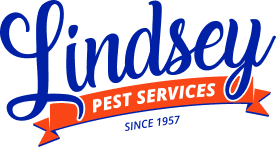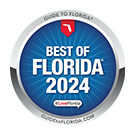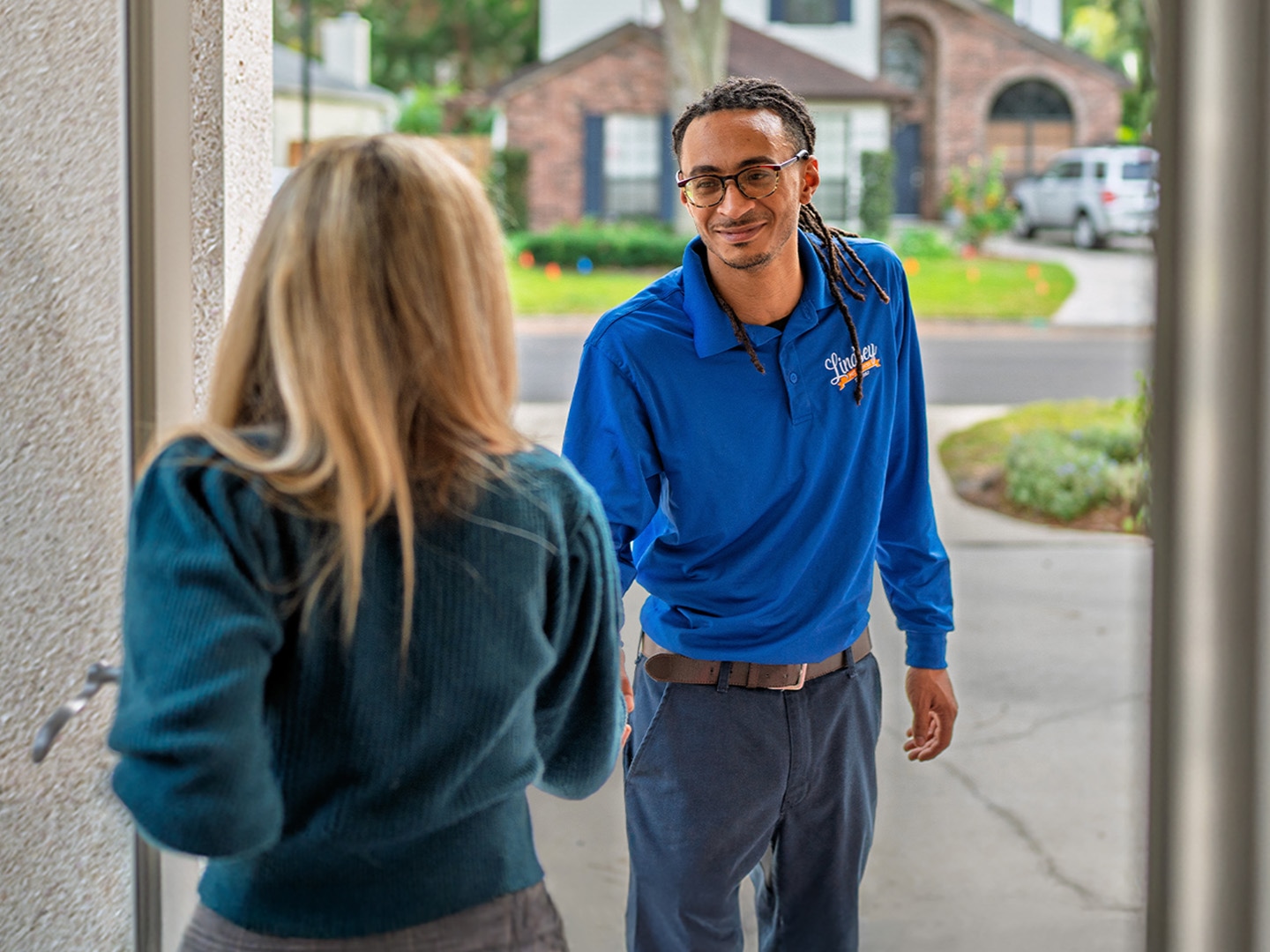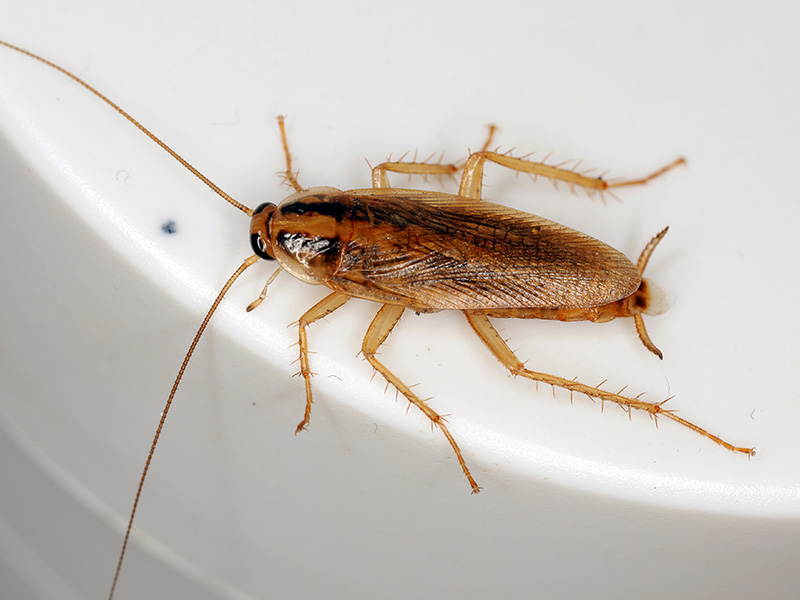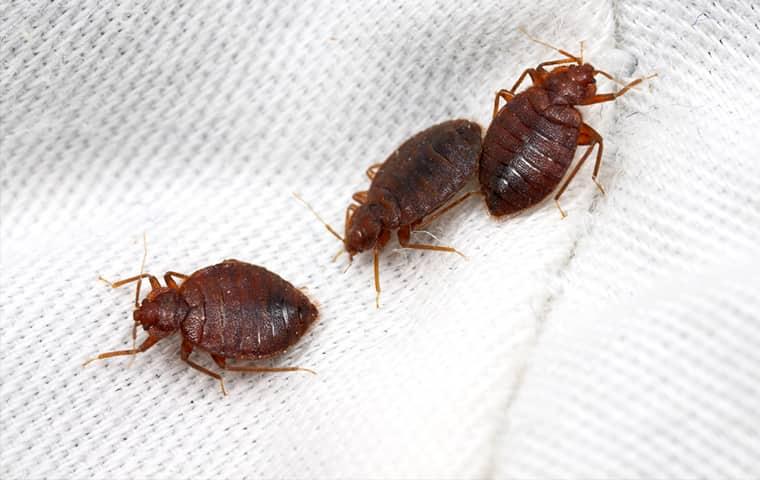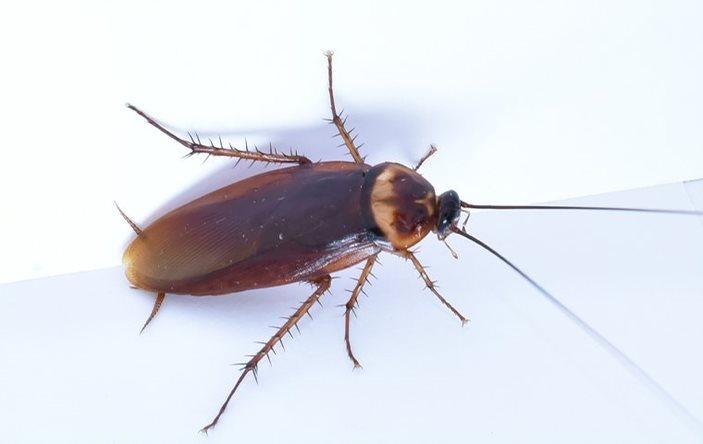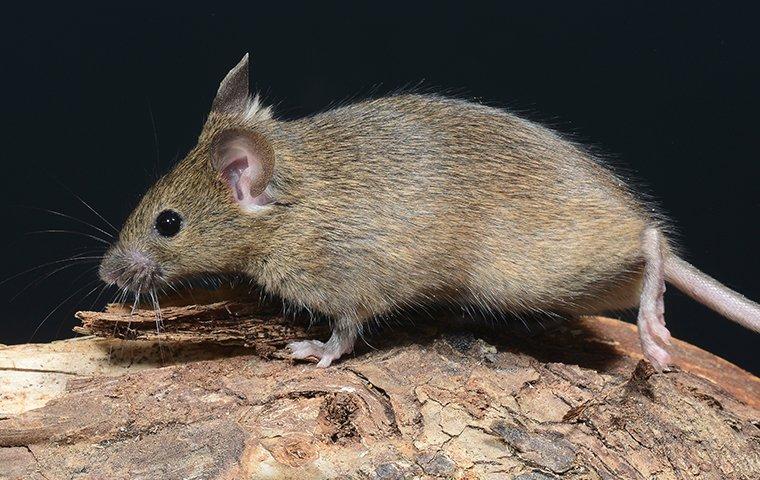Why Are There So Many Spiders In My Jacksonville Home?
Jan 17, 2023
Spiders can be a mild annoyance or a major concern, depending on what type of spider you have living in your Jacksonville home. Some are harmless, such as daddy long-legs spiders, jumping spiders, crab spiders, and wolf spiders. However, there are other spiders whose bites can be painful, dangerous, or even fatal. If you have spiders in your home, you should call a Jacksonville pest control company such as Lindsey Pest Services as soon as possible.
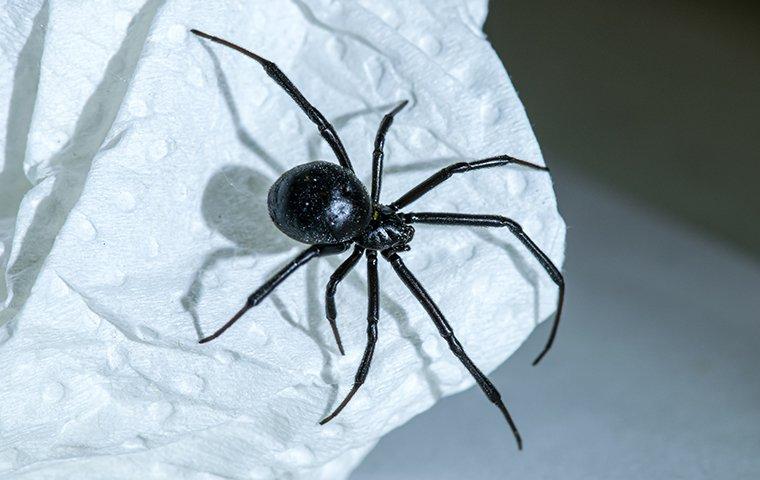
How Can I Tell What Kind Of Spiders Are In My House?
There are more than 50 types of spiders in Florida, most of which are absolutely harmless to humans. The University of Florida's IFAS Extension has a great guide to identifying some of the more common spiders you'll come across in Florida, all of which are not a danger to humans.
Is It Dangerous To Have Spiders In My Home?
There are a few different kinds of spiders in Jacksonville that are dangerous to humans. We've listed them all on our main page about spiders. They include black and yellow garden spiders, grass spiders, brown recluse spiders, and black widow spiders. Garden and grass spider bites are painful but rarely require medical attention.
That's not the case with brown recluses or black widow spiders. Brown recluse spider bites can cause your flesh to rot and requires medical attention. Black widow spider bites can be fatal if they are not treated appropriately in time. You definitely don't want either of these spiders in your Jacksonville home.
Brown recluse spiders are identifiable by the violin-shaped markings on their back, near their head. Black widow spiders are glossy black with a red hourglass shape on their bellies. Either of these spiders in your Jacksonville home is cause to call in professional pest control.
Why Do I Have A Lot Of Spiders In My House?
The biggest reason for a home to have a lot of spiders is that there a lot of other bugs in the house. For example, if you have a cockroach problem, you may develop a spider problem as well because spiders move in to eat the cockroaches.
Some other factors that could draw spiders to your home, and eventually inside, include:
- Outside lighting, which attracts flying insects, creating a smorgasbord for spiders.
- Landscaping rocks, where bugs and worms hide, drawing spiders to the buffet.
- Plants infested with aphids or scales, which are a yummy snack for spiders.
- Damp flower beds or gardens, which bring fleas, ticks, and other moisture-loving insects, with spiders not far behind.
- Outside trash cans without lids attract all manner of insects, including spiders, to eat them.
The closer any of these are to your house, the more likely spiders will find their way inside to look for food sources.
To prevent spiders in the home, you need to discourage their food sources from being in or around your home. For example, you can swap out your white light bulbs for yellow ones in your outdoor fixtures since insects aren't as attracted to yellow light. You could also make sure your outside trash cans have tight-fitting lids and don't sit too close to your home.
What's The Best Way To Get Rid Of Spiders In My Home?
You may want to try to get rid of spiders naturally, but there just aren't any good ways to do that. One state science fair project, documented by the University of Southern California, found that wasabi and bitter melon had similar spider-repellent properties to a commercial spider-repellent. However, more testing is needed to see if either is practical to use in a home setting.
The best way to get rid of spiders is to get rid of their food source: other insects. Lindsey Pest Services can provide regular treatment to apply products that will eliminate the bugs spiders prey on. With no food in the vicinity, spiders will vacate the area. Call today for your free inspection and to learn more about our residential and commercial pest control services in Jacksonville.
